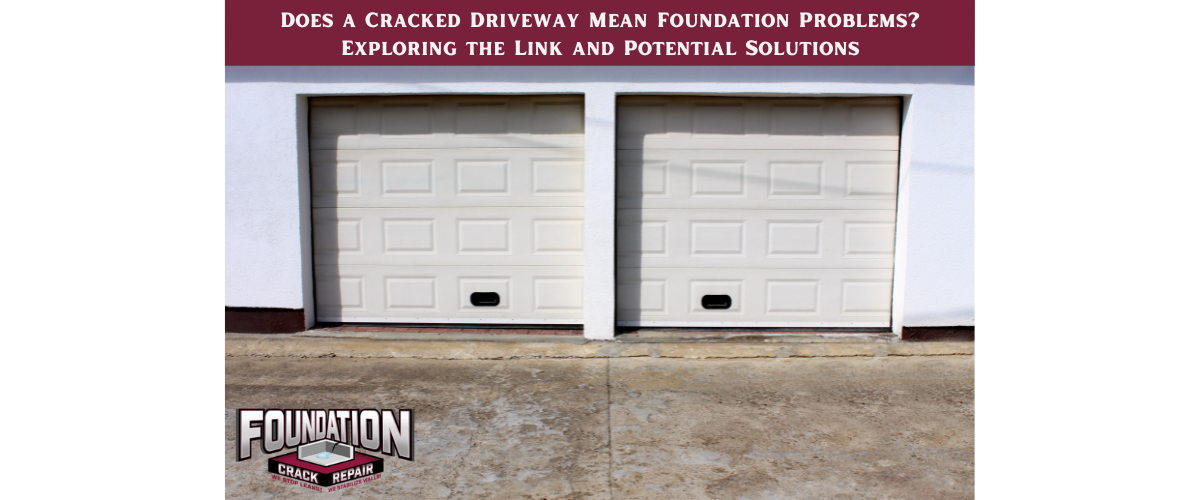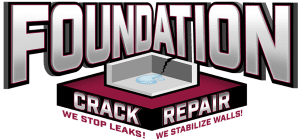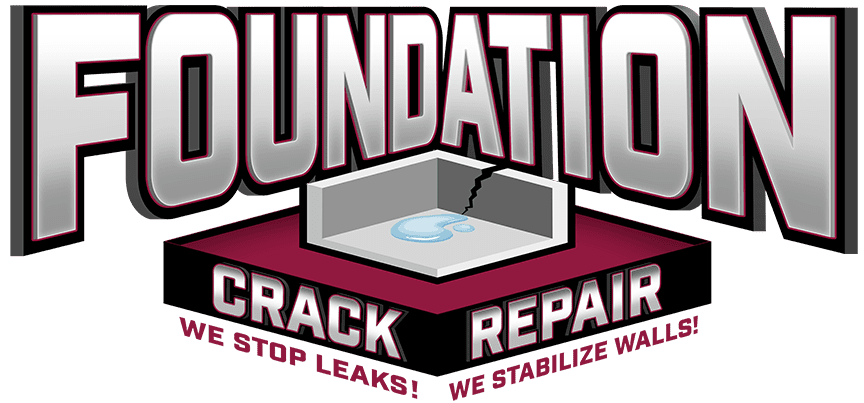
Cracks in your driveway can be more than just an eyesore—they could be a sign of underlying foundation issues. While not all driveway cracks indicate serious problems, understanding the relationship between cracked driveways and foundation issues is crucial for homeowners. In this post, we’ll answer the question does a cracked driveway mean foundation problems? We’ll also explore how to address these issues effectively.
The Different Types of Driveway Cracks and Their Possible Causes
Driveway cracks can manifest in various forms, each potentially indicating different underlying issues.
- Surface Cracks: Surface cracks, for example, are common and often caused by weathering, UV exposure, or poor installation. These cracks typically affect only the surface of the driveway and are usually cosmetic.
- Settlement Cracks: On the other hand, settlement cracks occur when the ground beneath the driveway shifts or settles, often due to poor soil compaction or water erosion. These cracks can be more concerning as they may indicate foundation movement.
Understanding the types of cracks and their possible causes can help homeowners assess the severity of the issue and take appropriate action.
Signs to Look for in Your Home’s Foundation to Determine if it’s Affected
Detecting foundation issues early can save homeowners time and money in the long run. There are several telltale signs that your home’s foundation may be affected. One common indicator is visible cracks in the foundation walls, especially if they are wider than a quarter of an inch. These cracks can indicate movement or settlement in the foundation. Additionally, doors and windows that are difficult to open or close properly can be a sign of foundation problems, as the shifting foundation can cause these openings to become misaligned.
Another sign to look for is uneven floors or walls. If you notice that your floors are sloping or that your walls are bulging or bowing, it could be a sign of foundation issues. Additionally, gaps between the walls and the ceiling or the walls and the floor can indicate foundation settlement. These signs may become more noticeable over time and should be addressed promptly to prevent further damage.
Sinking or settling foundations can also cause problems with the exterior of the home. Look for cracks in the exterior brickwork or siding, as well as gaps between the exterior walls and the roofline. These can indicate that the foundation is shifting or settling unevenly. Keep an eye out for any signs of water damage or moisture intrusion, as this can exacerbate foundation issues. If you notice any of these signs, it’s important to consult with a professional to assess the extent of the damage and determine the best course of action.
The Relationship Between Foundation Settlement and Cracked Driveways: What Our Experts Say
Foundation settlement occurs when the soil beneath a home’s foundation compresses or shifts, causing the foundation to sink or settle unevenly. This can lead to a variety of issues, including cracked walls, uneven floors, and cracked driveways. The connection between foundation settlement and cracked driveways lies in the way the driveway responds to the movement of the foundation.
When a foundation settles unevenly, it can cause the ground beneath the driveway to shift as well. This shifting can put stress on the driveway, leading to cracks. These cracks are often more than just surface-level cosmetic issues; they can indicate that the foundation is moving and settling, which can lead to more serious structural problems if left unaddressed.
Cracked driveways can be an early warning sign of foundation issues, as they are often one of the first parts of a home to show signs of settlement. By paying attention to the condition of your driveway and addressing any cracks or damage promptly, you can potentially catch foundation issues early and prevent further damage to your home.
Potential Solutions for Addressing a Cracked Driveway and Underlying Foundation Problems
Repairing a cracked driveway often involves filling the cracks with a concrete or asphalt patch. For small, superficial cracks, DIY repair kits are available at most hardware stores. However, for larger or more severe cracks, it’s advisable to hire a professional contractor to ensure the repair is done correctly.
To address underlying foundation problems, it’s crucial to consult with a foundation repair specialist. They can assess the extent of the damage and recommend the best course of action. Common solutions for foundation issues include underpinning, where additional support is added to the foundation to stabilize it, and mudjacking, where a mixture of mud and other materials is injected beneath the foundation to lift and level it.
Hiring professionals for repair work is often the most effective way to ensure that the repairs are done correctly and that the underlying issues are addressed. Look for reputable contractors with experience in foundation repair and driveway maintenance. They can provide an accurate assessment of the problem and recommend the most appropriate solutions for your specific situation.
Conclusion: Taking Action to Address Foundation Problems Promptly Can Prevent Costly Damage
Cracked driveways can indeed indicate underlying foundation problems. By understanding the types of driveway cracks, recognizing signs of foundation issues in your home, and taking prompt action to address them, you can prevent costly damage and maintain the structural integrity of your property.
Foundation Crack Repair LLC is here to help you with all your foundation repair needs. As the only foundation crack repair specialist on Long Island, NY, we have the expertise and experience to assess and address foundation problems promptly and effectively. Don’t wait until minor cracks become major issues—contact Foundation Crack Repair LLC today for a consultation and keep your home’s foundation strong and stable for years to come.

